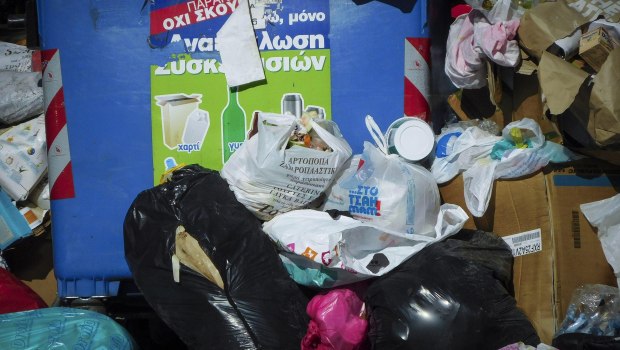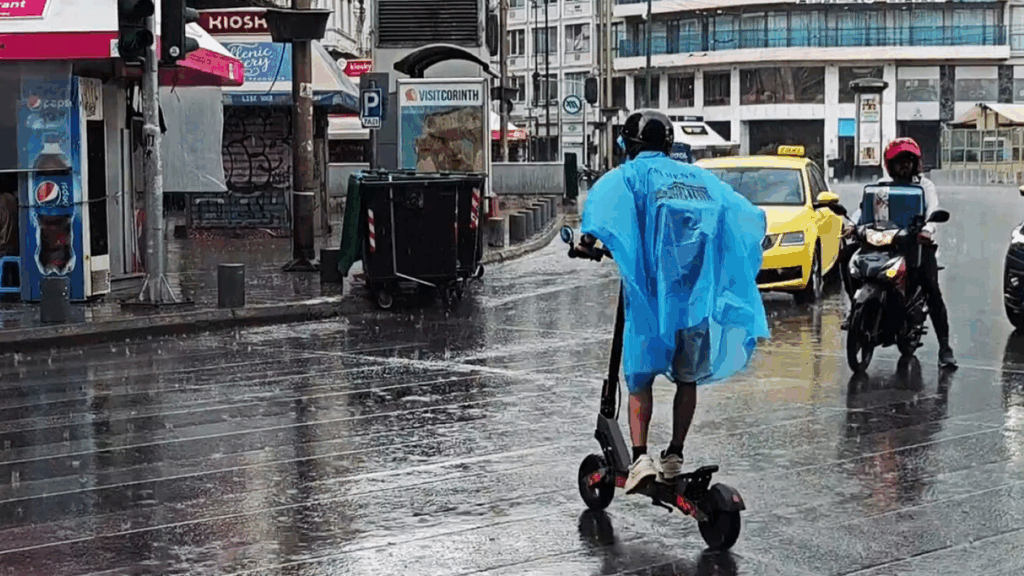AADE: Artificial Intelligence in the battle for undeclared income and black money
Source: ProtoThema English
Sweeping cross-checks will be carried out by the end of the year by the Hellenic Revenue Service for the disclosure of undeclared income and “black” money, having in its “arsenal” all the possibilities of new technologies, such as artificial intelligence.
Specifically, VAT, cryptocurrencies, shares in foreign stock exchanges and retroactive payments are targeted by the special Mass Digital Crossings Unit, which will be staffed by IT executives and data analysts. They will use special algorithms to analyse big data and extract data from digital invoicing systems. At the same time, artificial intelligence will be used to benchmark and “scan” any available data on the internet and social media.
Initially, the barrage of cross-checks will cover four major categories and will gradually be extended to the customs area to combat smuggling and illegal movements.
The four initial categories are as follows:
1. cross-checks to identify taxpayers who submitted zero VAT returns for the year 2024, while they had activity until 31/12/2025. In the event that the cross-checks identify tax evasion, a regular audit will be carried out by the AADE and a recalculation will be made for the income and expenses of the professional business. In addition to the additional tax that will be incurred, the offenders will also be required to pay the fines provided for by the legislation.
2. Cross-checks of at least 50% of the information received from foreign authorities, through the International Administrative Cooperation, with the submitted income tax returns (DAC1) at least for the year 2020, by 30/10/2025. Indicatively, for the recently completed 2017 year DAC1 cross-check, relevant compliance communication activities were carried out to encourage the submission of required income tax returns and 7,647 additional returns were submitted.
The cross-checks concern taxpayers whose tax residence is in Greece and who receive interest from deposits held abroad, as well as those who have income (other than deposits) from other countries. In addition, the cross-checking by the DAC for more than 50% of the information received from foreign authorities through the International Administrative Cooperation with the submitted income tax returns (DAC1) at least for the year 2019 is in progress.
3. Cross-checks of retroactive earnings for salaries and pensions for the year 2021. Those employees and pensioners who receive retroactive payments for previous years must declare them on the DACI’s online platform and in the years to which they relate. The retroactive earnings declared will be taxed, but no fines or surcharges will be imposed. If they are not declared and detected by the cross-checks, then fines and surcharges will be imposed.
4. Payroll tax cross-check. Automatic cross-checks will be carried out on the returns submitted by businesses to the Tax Office and the National Social Insurance Fund.
By cross-checking the Wage Tax Returns (WTF) and the Analytical Periodic Declarations (ARD), the AADE seeks to identify businesses that declare different information to the Tax Office and different information to the EFKA. It seeks to identify businesses that do not report the actual FMI to the Tax Office or the actual contributions to the EFKA.
The cross-checking of specific data is facilitated by the obligation for businesses to submit electronically the returns of withheld income tax and special solidarity contribution amounts on a monthly basis and broken down by employee. At the same time, the Analytical Periodic Declarations (ARD) are also submitted monthly, so that the two declarations can be compared.
Ask me anything
Explore related questions
The original article: belongs to ProtoThema English .



